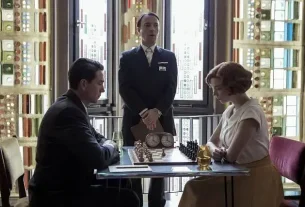How to judge whether a movie is great?
What is the difference between a good movie and a great movie?
In a speech held by Dolby Laboratories, Mick LaSalle, senior film critic of “San Francisco Chronicle”, put forward the six qualities necessary for a great movie.

A classic movie does not have to include all six characteristics, although in fact many classic movies include these six characteristics.
However, I found that if it does not include at least three to four features.
Then, it will be very difficult to make a movie that can be called a classic.
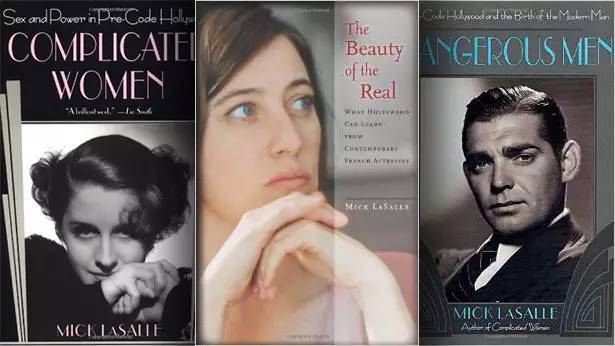
LaSalle joined San Francisco Chronicle in 1985, initially as an entertainment columnist, and then as the chief film critic in 1987.
The 55-year-old LaSalle has published hundreds of film reviews and blog posts, and published three books: “Complicated Women” (2000), “Dangerous Men” (2002), and “The Beauty of the Real” (2012).
The first two books are a study of Hollywood before the “Hays Act” took effect, casting a fig leaf shadow for many movies.
The third book tells about the works of French female stars.
LaSalle discussed the six characteristics of great movies in combination with his favorite movie clips:
- The movie was topical when it first came out.
- Highlight eternal values.
- Possess superb acting skills.
- Have a general consciousness or personality that keeps the film’s plot in balance.
- Contain at least one unforgettable scene.
- End with a complex tone, not just ambiguity.
A great movie can “differentiate a lot of lies in our lives,” LaSalle said, thereby conveying a “pure truth” that attracts audiences to relive year after year.
Feature 1: topicality
Great movies are usually topical when they are first released, or respond to some things that happened in the real world at that time.
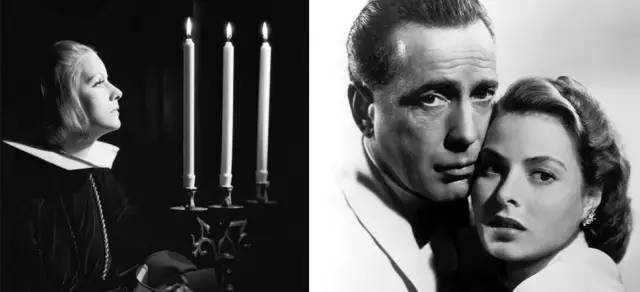
He played some clips from “Queen Christina” (1933) starring Greta Garbo and “Casablanca” (1942) starring Humphrey Bogart and Ingrid Bergman.
In these two films, the protagonist must make a choice between duty and love, but they have completely different results.
“Queen Christina” was filmed after the end of the First World War, when people’s distrust of the government continued to increase.
In the film, Queen Christina cherishes the importance of the individual more than the importance of the entire collective.
She chose to abdicate to marry her beloved.
“Casablanca” was filmed at the beginning of World War II. “At that time, everyone had to give up their personal ambitions and desires.”
In the film, the protagonists have to give up their love in order to perform their duties.
Both of these were very popular topics during the movie’s release period.
In my opinion, the two movies covering these two topics can be called great movies.
At least we are still watching these two movies seven or eighty years later.
Feature 2: Eternity
Great movies usually show timeless values.
That is, whether it was half a century ago or half a century later, things that have the same meaning as the present…love, death, the relationship between parents and children.
To illustrate, he played several movie clips about the relationship between a girl and her father and about love and death.
In the film “A nos amours” (1983), French actress Sandrine Bonnaire played a young girl, while director Maurice Pialat played her father.
In a temporary play scene, he quietly talked to his daughter about her daughter’s late return and playing with her boyfriend, and then said that he would also leave the family soon.
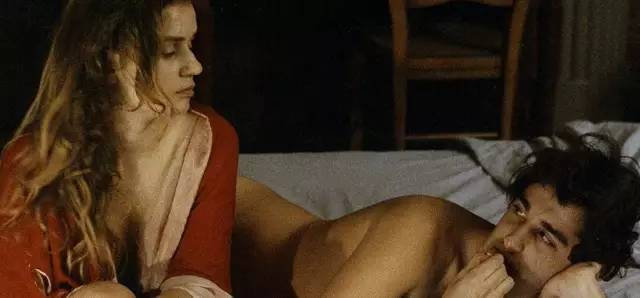
In the film “C’est la vie” (2001), Bonnaire played a nursing home employee who fell in love with a dying patient.

Both films are unlikely to attract too many audiences into the cinema, but the relationship shown in the film is eternal.
Feature 3: Superb Acting
Great movies usually have superb acting skills.
In just four minutes, Iggs changed from fear of being revealed to complete contempt for her husband, who plans to imprison him in a life she hates.
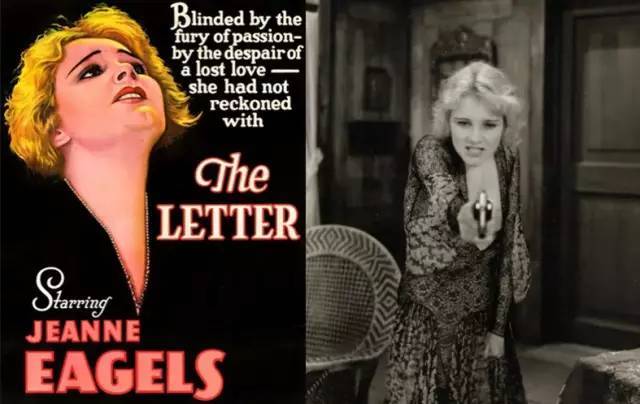
“She’s really crazy!… She really seems to fall apart in front of the audience,” LaSalle said.
“One of the unique features of superb acting is that you feel that someone is really confiding in us.”
Feature 4: Guiding Vision
Great movies usually have a general sense of being able to combine various elements in the movie.
For example: if a movie “makes you nervous because you think something bad will happen from the corner, then you will know that you are watching an Alfred Hitchcock movie.
Hitchcock would do this eight times, and in the first seven times, everything was fine.
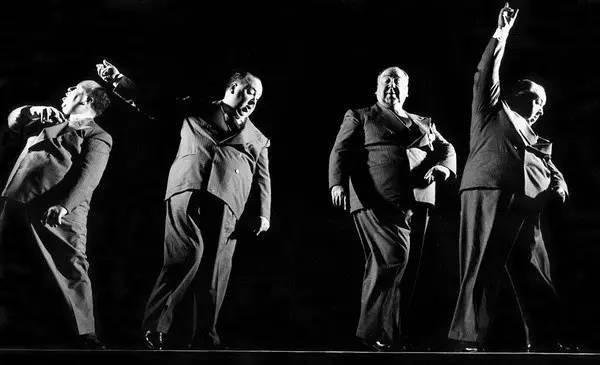
But for the eighth time, Norman Bates will walk out from behind the bathroom door.
In the final analysis, great things are great because of the personality behind them. “
Feature 5: A Great Scene
Great movies usually contain at least one great scene.
The ‘great scene’ here means that when the audience walks out of the movie theater, someone will ask, ‘right, how about that movie? ’
And the audience will answer, ‘this happened in the film’, and then they’ll tell you about it.
In other words, there are some highly recognizable and unforgettable things in the film, and these things will not get old over time.
LaSalle played a clip from the film “GoodFellas” (1990).
In the film, Joe Pesci plays Tommy DeVito, a rising star who entertains a group of gangsters in a bar.
Henry Hill, played by Ray Liotta, said something, and Tommy pretended to anger him.
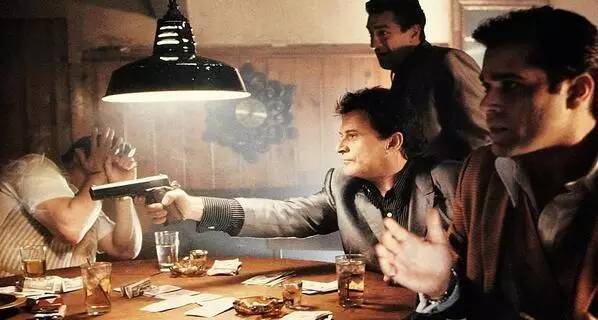
Tommy’s pretended anger and threat of intimidation were creepy, and then he really got angry.
When the bar owner asked him to pay a huge bill, he picked up a bottle and threw it on the bar owner’s head.
Before understanding the degree of Tommy’s madness, the audience will have a sense of fear for Tommy based on this scene alone.
Feature six: Complex Ending
Great movies usually end with a complex tone, not ambiguity.
The ending of these films is like the sound of chords… the whole film will reverberate in different directions.
In the film “City Lights” (1931), Charlie Chaplin played a tramp and met a girl who was blind.
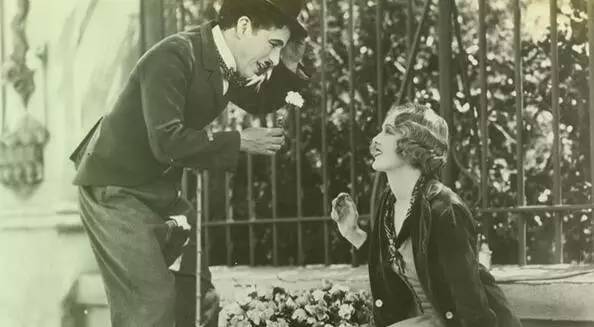
The girl needs surgery to see the light again.
He borrowed money from a rich man, and the girl underwent surgery to restore her eyesight.
Finally, LaSalle said:
The girl is waiting for this man to appear, because she thinks this rich and good man will make everything very good.
Then he was actually such a poor bug-but with such a kind heart.
However, it seems unlikely that there will be a romantic plot between the two.
The ending of the film is very complicated, and people have been interpreting the ending of the film with their own emotions for the past 83 years.
Concluding remarks
In LaSalle’s view, people are still shooting great movies.
His recommended film so far in 2014 is “Boyhood” directed by director Richard Linklater.

The film was shot with the same actors for 12 years. “I think this movie will go on for a long time,” he told Dolby employees.
LaSalle said that the problem today is that there are fewer and fewer good movies.
“To some extent, the health of a particular period depends on the number of good movies and three-star movies that emerged during that period, not how many masterpieces have been shot… Good movies are always based on the time. The realistic nature of it.”
He said that many blockbuster movies today lack ambition.
At one time, there was a direct correlation between the best-selling movie and the movie of the year considered by film critics.
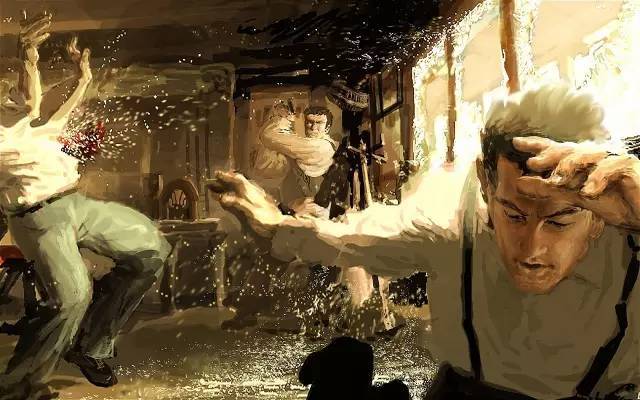
Now, this connection no longer exists.
“When you find that almost all of the most profitable films are unremarkable, you can’t help but ask, whose fault is this?
The answer is the public, because this is what the public wants.


